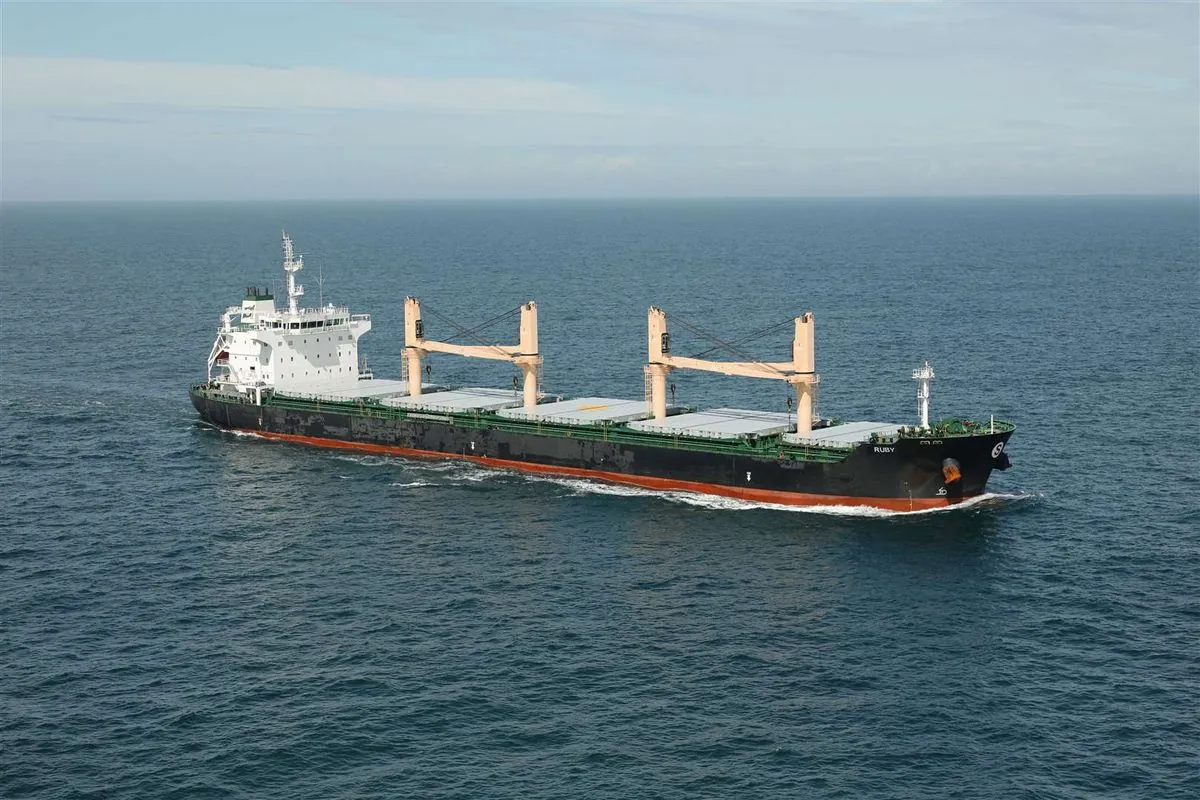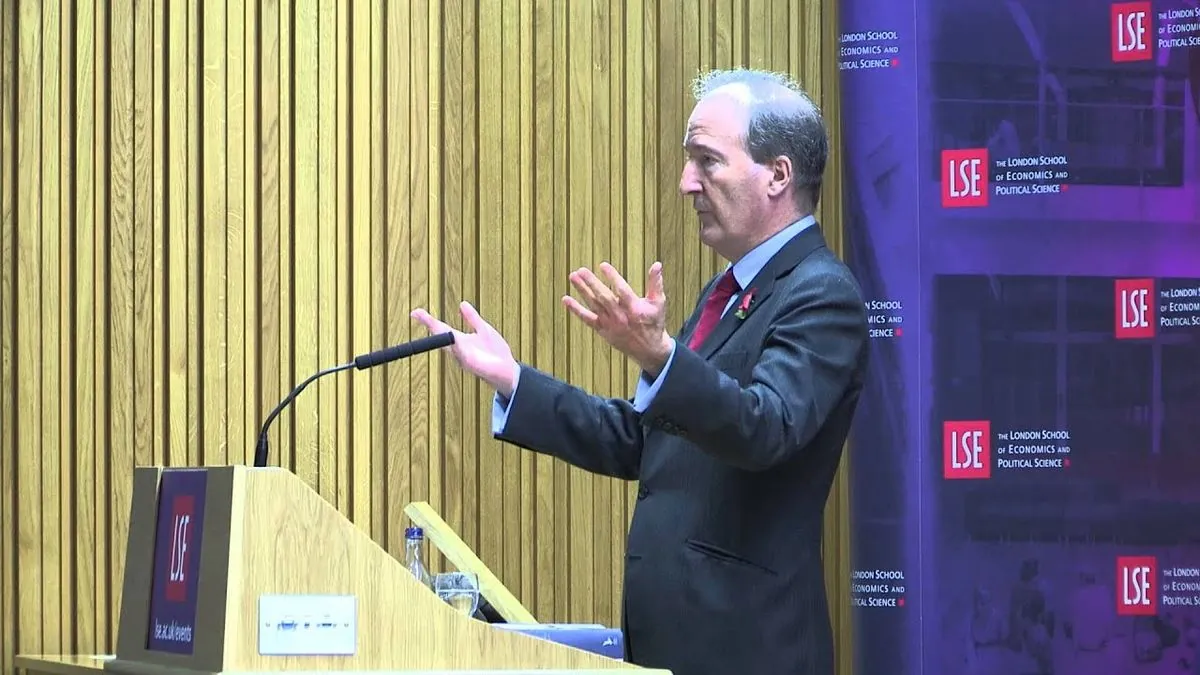MV Ruby: A Wake-Up Call for Maritime Security
A cargo ship carrying 20,000 tons of ammonium nitrate off UK coast raises concerns about maritime safety and potential weaponization of commercial vessels. Experts call for increased vigilance and resources.

The MV Ruby, a cargo vessel currently anchored off the coast of Margate, Kent, has sparked significant concern due to its cargo of 20,000 tons of ammonium nitrate. This situation has brought to light critical issues surrounding maritime safety and security.
Ammonium nitrate, a common fertilizer and industrial chemical, gained notoriety following the 2020 Beirut explosion, which involved 2,750 tons of the substance. The Ruby's cargo is approximately seven times that amount, with a potential explosive yield comparable to a 5-kiloton tactical nuclear weapon.
While the shipping of hazardous materials is a routine practice, with approximately 50 million tons of ammonium nitrate transported globally each year, the Ruby's case is particularly concerning due to its reported damage and erratic movements.

The vessel's journey began in late August 2024 when it entered Norwegian waters, claiming the need for shelter from a storm. Subsequent inspections revealed hull damage, propeller and rudder issues, and other concerns. These problems led to a series of port rejections and the ship's current predicament off the UK coast.
Various agencies, including the UK coastguard, the vessel's insurer (a P&I Club), and the UK's Secretary of State's Representative for Maritime Salvage and Intervention (SOSREP), are now involved in managing the situation. Notices to Mariners have been issued to ensure safe passage around the Ruby.
While the Ruby's case is not indicative of malicious intent, it raises questions about the potential weaponization of commercial shipping. The scenario of a similar ship deliberately targeting critical infrastructure, such as the Isle of Grain LNG terminal which provides 20% of the UK's gas supply, is a concern for security experts.
The UK's Maritime Counter Terrorism (MCT) organization, including the Special Boat Service (SBS), is tasked with responding to such threats. However, the response time and logistical challenges in reaching a rapidly moving threat highlight potential vulnerabilities.
"The Ruby situation serves as a stark reminder of the delicate balance between routine maritime commerce and potential security threats. It underscores the need for constant vigilance and robust response capabilities."
Historical incidents, such as the 2001 MV Nisha seizure and the 2020 MV Nave Andromeda hijacking, demonstrate the readiness of MCT forces but also the complexity of maritime security operations.
Other shipping-related risks have recently impacted global trade, including the MV Dali accident in Baltimore, restrictions at the Panama Canal due to low rainfall, and Houthi attacks in the Red Sea. These events underscore the vulnerability of global shipping infrastructure.
The presence of sunken WWII munitions, such as those aboard the SS Richard Montgomery off the Isle of Grain, adds another layer of complexity to maritime security in some areas.
As the UK conducts its Strategic Defense Review, experts argue for increased resources dedicated to maritime security. The Ruby incident serves as a reminder that shipping, while usually routine, can quickly become a critical security concern requiring swift and effective response.
In an increasingly unstable world, the need for robust maritime security measures and rapid response capabilities has never been more apparent. The MV Ruby may not pose an immediate threat, but it has undoubtedly sounded a wake-up call for enhanced vigilance in our seas and ports.


































